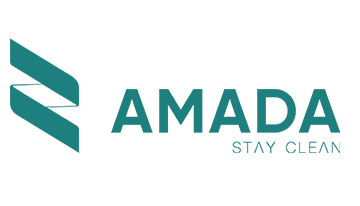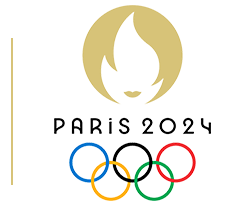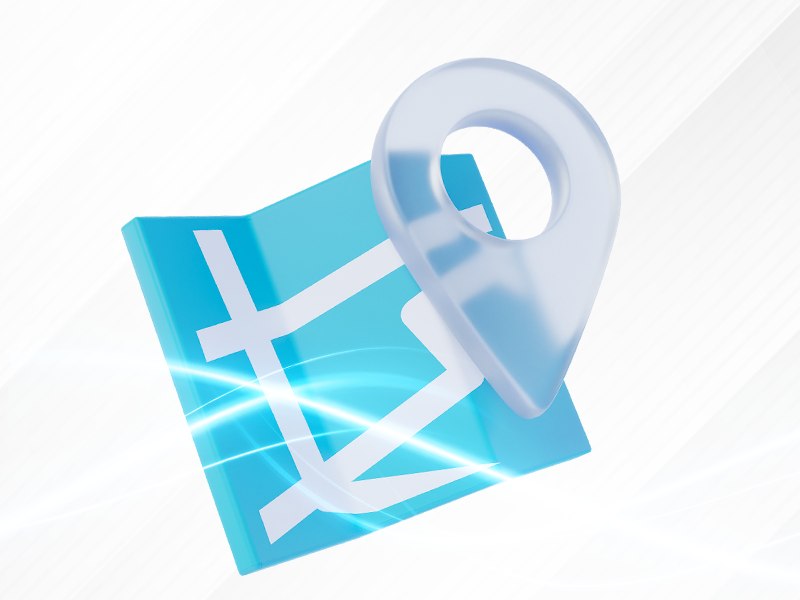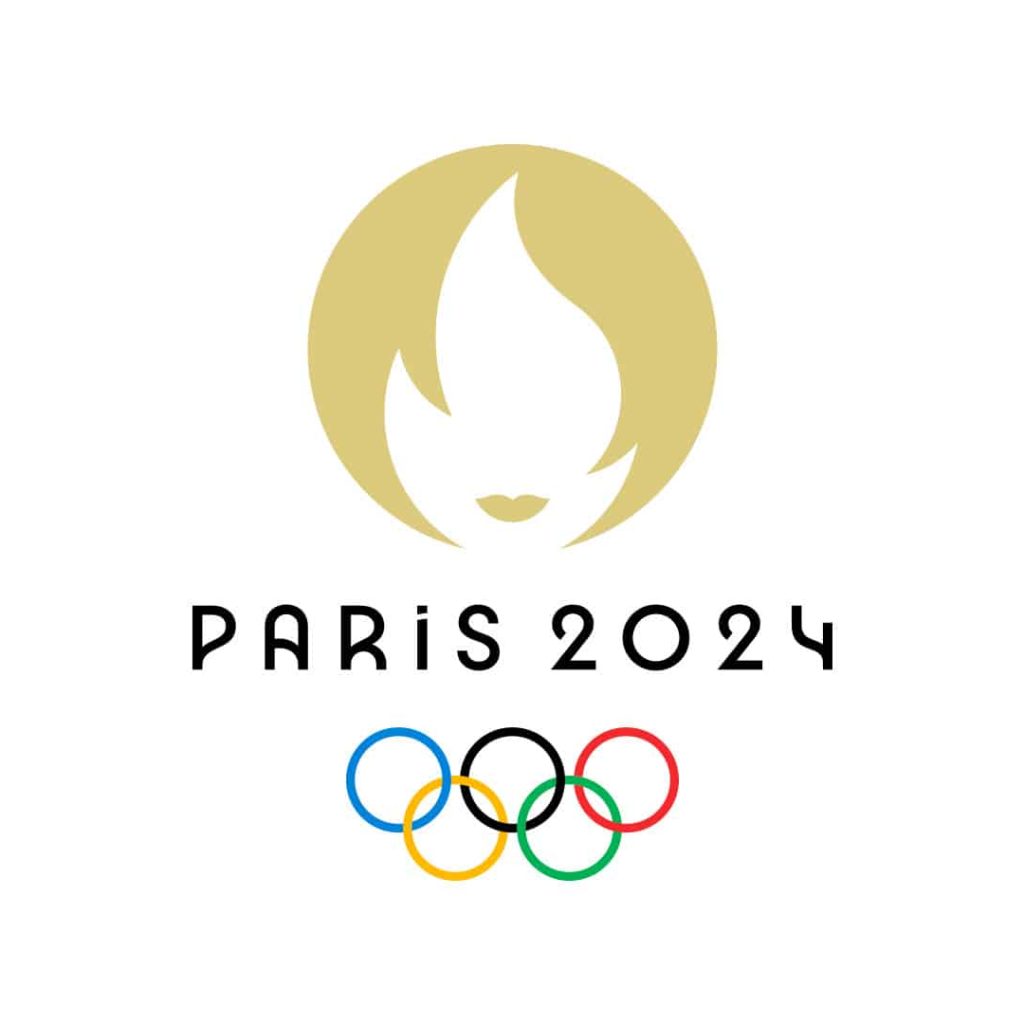In order to protect clean athletes and increase the efficiency and effectiveness of the fight against doping, it is required that athletes included in the national and international testing pools of NADOs and/or IFs shall continue to provide the required whereabouts information via WADA's Anti-Doping Administration and Management System (“ADAMS”). ADAMS will be used to access whereabouts information. To the extent needed, the assistance of NOCs will be requested by the ITA to help locate athletes and also to ensure athletes realise the importance of full compliance with whereabouts requirements. In specific cases, the relevant IF or NADO may be asked to include athletes in their Registered Testing Pools or Testing Pools so as to collect the athletes' whereabouts.
NOCs shall provide the ITA with rooming information of all athletes belonging to their delegations during the period of the Olympic Games via the ITA Rooming List App. Such information shall be provided to the ITA by the Chef de Mission or other designated staff within 24 hours of their arrival at the Olympic Village, including Satellite Villages and any other official accommodation, or individual accommodation.
The mandatory period of rooming information is defined as the period during which both requirements below are met:
- During the Games period (July 18th –August 11th); and
- The presence of each athlete in France
NOCs shall also monitor and manage the updates of the rooming information, and provide any further reasonable assistance requested by the ITA in order to locate athletes belonging to their delegations. The ITA Rooming List App aims at providing NOCs with an application, making the rooming list submission easier. Details of this application are as below:
- The ITA will contact each NOC and send by email the instructions on how to connect to the application;
- Once you receive the email from the ITA, please follow https://toolkit.ita.sport/NOC for instructions on how to access the application on your mobile phone or computer;
- NOC will find the pre-populated list of athletes belonging to their delegation in the application;
- NOC shall enter the required information (accommodation information, period of stay) for all athletes;
- NOC shall update the information in the event that there are any changes to the athletes’ rooming allocation.
If you have the rooming list data already managed via your own application, the rooming application allows you to perform bulk uploads. Please read the guide for instructions and contact the ITA at support.rooming@ita.sport if you need any support. The information received will be handled with full confidentiality and will be used for the sole purpose of conducting Doping Control activities.
Failure to provide whereabouts information may lead to disciplinary consequences for athletes and NOCs

















